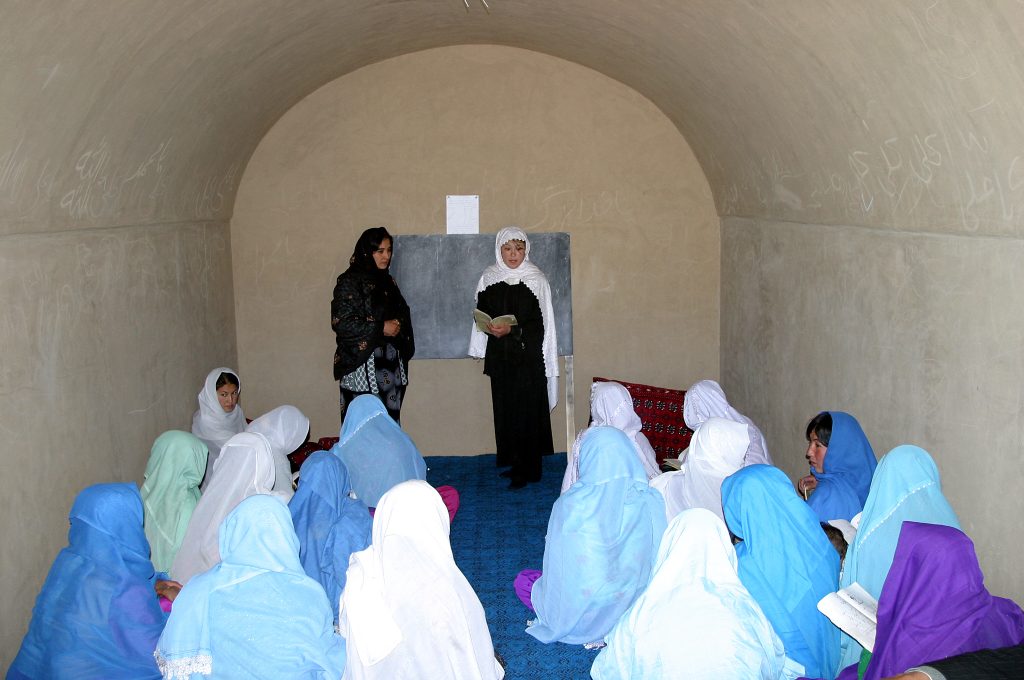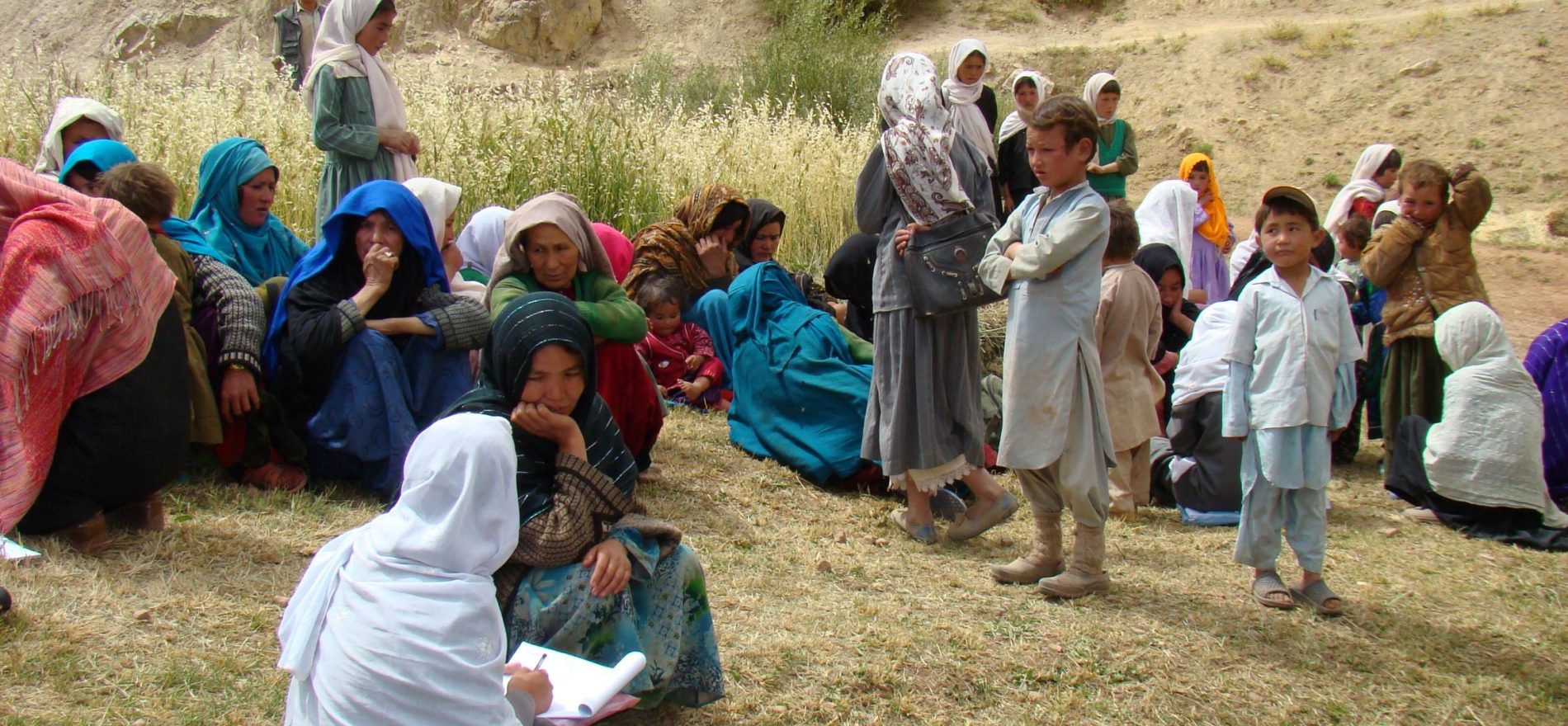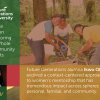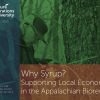This is the sixth and final part of series exploring Future Generations University’s global policy impact. For an overview of the series, click here.
With little health infrastructure and poor health outcomes for mothers and children, Future Generations researchers pioneered a new approach to healthcare in Afghanistan, involving women and families as trained healthcare providers. Today, 6,5000 Family Health Action Groups operate in nine provinces, transforming health outcomes despite difficult terrain.
Research Question: How to extend healthcare in a nation plagued by civil strife with almost no health infrastructure?
Area of Focus: Improving maternal and child health across rural Afghanistan.
Policy Result:
A 2006 pilot project in Yakawlang Valleys in Bamyan Province trained mothers to form Family Health Action Groups (FHAGs). This informed the 2010 reform by the Ministry of Public Health to extend the FHAG approach nationwide.
Work Started: 2005
Sitting in a makeshift tent in the high pastures of the Hazara people, Future Generations researchers heard women tell of tribulation and health challenges. They also heard stories of incredible capacity. These meetings, in which untrained women showcased their ability to treat and care for all manner of health concerns, formed the genesis of women’s only workshops to provide basic health skills run by the researchers.
These workshops built of the women’s pregnancy histories, using their lived experiences as context for education that empowered them with solutions to save lives. The stories transformed local experience into science. Women across communities became trained Community Health Workers, learning about anatomy, reproduction, and actions they could take with their resources to grow health; for example, nutrition for expecting mothers and the importance of baby’s suckling after birth to control bleeding. They became health care providers for their families in trauma care, infections, treating diarrhea and even domestic violence, and set up Family Health Action Groups (FHAGs) in their communities to formalize their health networks
Two years later, long after the workshops had ended, word from a Mullah in one of the villages reached the researchers: the Community Health Workers and their FHAGs were still functioning. With no outside support, no funding or further training, they were providing health services in some of the country’s most remote areas.

Researchers returned to assess the impact. They found a 46 percent reduction in child mortality (where the best other community health projects in Afghanistan had achieved 24% in the equivalent years). The trained Community Health Workers had continued to grow FHAGs, expanding the network of people able to implement local health plans and moving beyond health on to other areas of family focus.
In 2009, Future Generations University researchers worked with the Ministry of Public Health, updating their Basic Public Health Services package. Furnished with data from the pilot project, the Ministry made the FHAG approach a national component of its strategy and extended this to implementation across Afghanistan.





